Regulators Roundtable
WSIS/ITU
Session 495
Regulators only
Tuesday, 8 July 2025
15:15–17:15 (UTC+02:00)
Physical (on-site) and Virtual (remote) participation
Room K, Palexpo
Real-time captioning
Interpretation: EN/FR/AR/ZH/ES/RU
Regulators Round Table
1 Document
Panellists
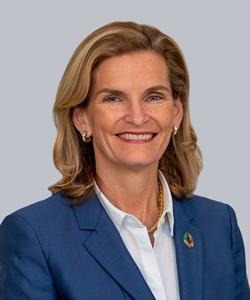
Ms. Doreen Bogdan-Martin, (Welcome Remarks)
Secretary-General
International Telecommunication Union
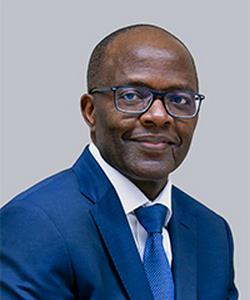
Dr. Cosmas Zavazava
Director, Telecommunication Development Bureau
International Telecommunication Union
Chair
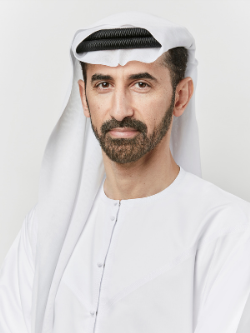
H.E. Eng. Majed Sultan Al Mesmar
Director General
Telecommunications and Digital Government Regulatory Authority (TDRA), United Arab Emirates
WSIS Long-Standing Partner

Ms. Eneng Faridah
Chief Enforcement Officer
Malaysian Communications and Multimedia Commission (MCMC), Malaysia
Platinum Partner

H.E. Eng. Haitham Abdulrahman AlOhali
Acting Governor & Vice Minister
Space and Technology Commission (CST)/ Ministry of Communications & Information Technology, Saudi Arabia
Gold Partner

Mr. Mothibi Ramusi
Chairperson
Independent Communications Authority of South Africa, South Africa
Gold Partner
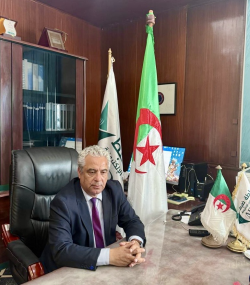
Mr. Mohamed El Hadi Hannachi
President
Regulatory Authority for Post and Electronic Communications (ARPCE), Algeria

Mr. Juan Martin Ozores
Chairman
Ente Nacional de Comunicaciones (ENACOM), Argentina
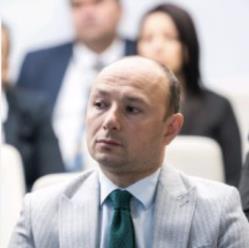
Mr. Armen Hunanyan
Head of the Telecommunication Department
Public Services Regulatory Commission, Armenia
.jpg?maxwidth=250)
Mr. Philip Marnick
General Director
Telecommunications Regulatory Authority, Bahrain

Mr. Samuel Muhizi
Directeur Général
Agence de Régulatione et de Contrôle des Télécommunications (ARCT), Burundi
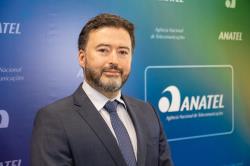
Mr. Alexandre Reis Siqueira Freire
Commissioner
National Telecommunication Agency, Brazil
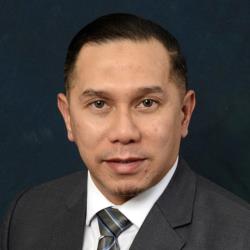
Mr. Haji Jailani Bin Haji Buntar
Chief Executive
Authority for Info-communications Technology Industry, Brunei Darussalam

Mr. Chenda Thong
Chairperson
Telecommunications Regulator of Cambodia (TRC), Cambodia
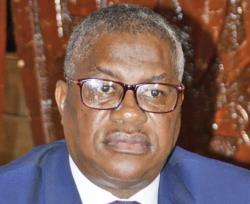
Mr. Philémon Zo'o Zame
Directeur Général
Agence de Régulation des Télécommunications (ART), Cameroun
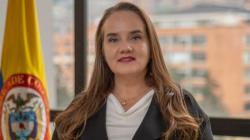
Eng. Claudia Ximena Bustamante Osorio
Executive Director - Commissioner
CRC, Colombia
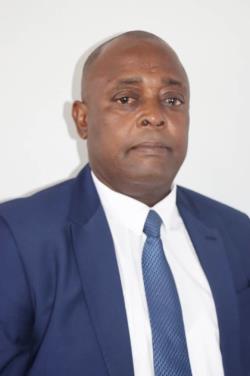
Mr. Said Bouhtane
Director General
Autorité Nationale de Régulation des Technologies de l'Information et de la Communication (ANRTIC), Comoros
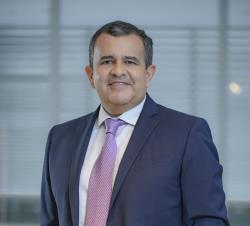
Mr. Federico Chacon Loaiza
Council President
Superintendence of Telecommunications, Costa Rica
Remote Panellist
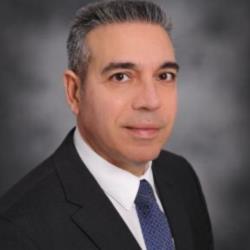
Mr. George Michaelides
Commissioner of Electronic Communications
Office of the Commissioner of Electronic Communications & Postal Regulation, Cyprus

Dr. Guido Gómez Mazara
Chairman
Dominican Institute of Telecommunications (INDOTEL), Dominican Rep.

Eng. Mohamed Shamroukh
Executive President
NTRA, Egypt

Mr. Vicente Nze Elomba
Director General
Órgano Regulador de las Telecomunicaciones (ORTEL), Equatorial Guinea
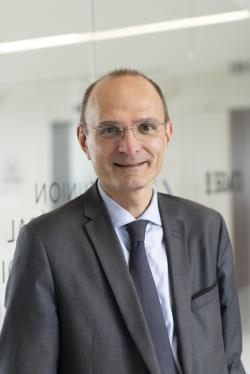
Mr. Xavier Merlin
College Member
Arcep, France
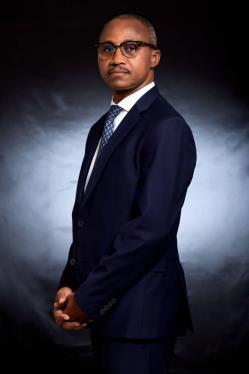
Mr. Célestin Kadjidja
Président
Autorité de Régulation des Communications électroniques et des Postes (ARCEP), Gabon
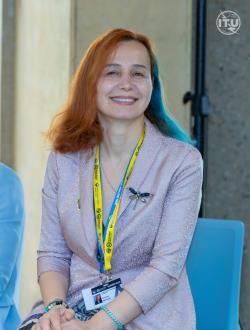
Ms. Ekaterine Imedadze
Commissioner at Georgian National Communications Commission and outgoing Chairperson at EaPeReg EU Eastern Partnership
Georgian National Communications Commission & EaPeReg EU Eastern Partnership, Georgia
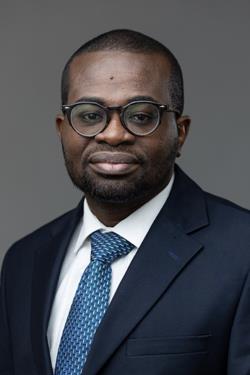
Eng. Edmund Fianko
Acting Director General
National Communications Authority, Ghana

Dr. Konstantinos Masselos
President
Hellenic Telecommunications and Post Commission, Greece
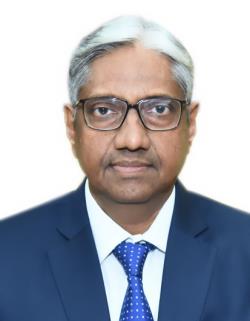
Mr. Anil Kumar Lahoti
Chairman
Telecom Regulatory Authority of India, India
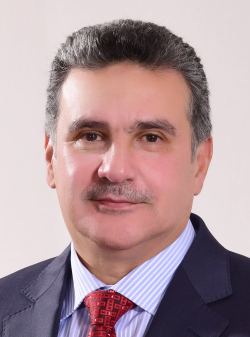
H.E. Eng. Bassam Al-Sarhan
Chief Commissioner
TRC Jordan
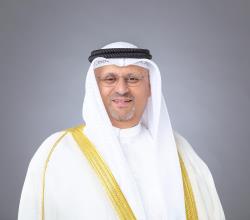
H.E. Mr. Omar Alomar
Minister
Ministry of State for Communication Affairs, Kuwait

H.E. Mr. Abdulbaset Albaour
Minister of Telecommunications and Chairman
General Authority for Communications and Information Technology, Libya
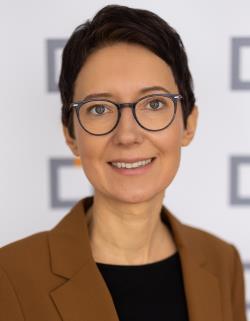
Ms. Jūratė Šovienė
Chair of the Board
Communications Regulatory Authority, Lithuania
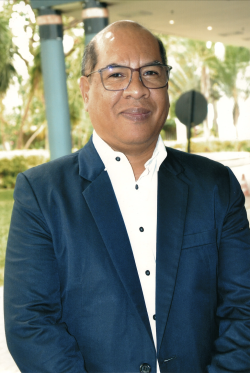
Mr. Frank Maheriosa Rabanoson
Directeur Général par intérim
Autorité de Régulation des Technologies de Communication (ARTEC), Madagascar

Mr. Sergiu Gaibu
Director
National Regulatory Agency for Electronic Communications and Information Technology (ANRCETI) of Moldova

Mr. Luvsan-Ochir Altai
Commissioner and Head of Executive Office
Communications Regulatory Commission (CRC) , Mongolia
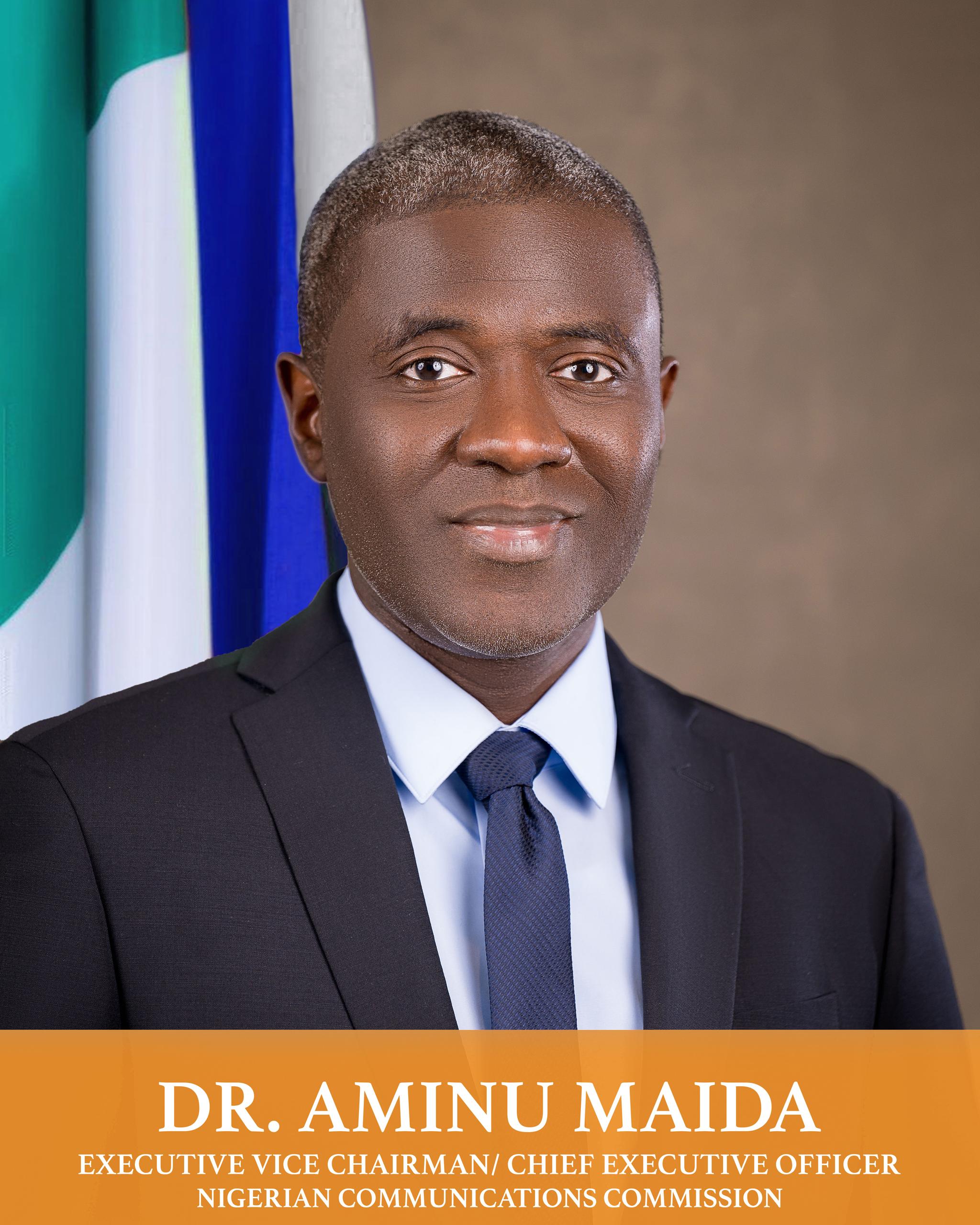
Dr. Aminu Maida
Executive Vice Chairman
Nigerian Communications Commission, Nigeria
.jpeg?maxwidth=250)
Ms. Ella Blanca B. Lopez
Commissioner
National Telecommunications Commission (NTC), Philippines

Mr. Jacek Oko
President of the Office of Electronic Communications
Office of Electronic Communications (UKE), Poland
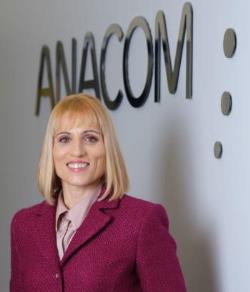
Prof. Sandra Maximiano
Prof. Sandra Maximiano, President of the Board of Directors
Autoridade Nacional de Comunicações (ANACOM), Portugal

Ms. Gisa Fuatai Purcell
Chief Executive Officer
Office of the Regulator, Government of Samoa
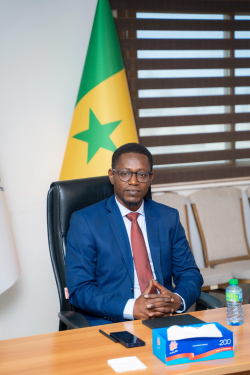
Mr. Dahirou Thiam
Directeur Général
Autorité de Régulation des Télécommunications et des Postes du Sénégal (ARTP)

Mr. Chuen Hong Lew
Chief Executive Officer
Infocomm Media Development Authority (IMDA), Singapore
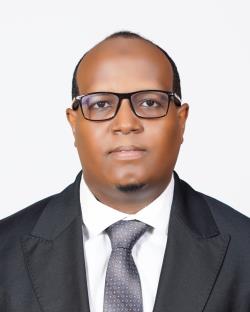
Mr. Mustafa SHEIK
Director General
National Communications Authority of Somalia, Somalia

Dr. Bo Andersson
Director for International Affairs
Swedish Post and Telecom Authority (PTS), Sweden
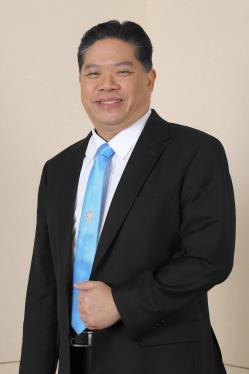
Mr. Trairat Viriyasirikul
Deputy Secretary General Acting Secretary General
Office of The National Broadcasting and Telecommunications Commission (Office of the NBTC), Thailand
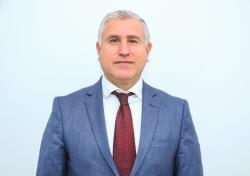
Eng. Kamel Saadaoui
Président
Instance Nationale des Télécommunications, Tunisia
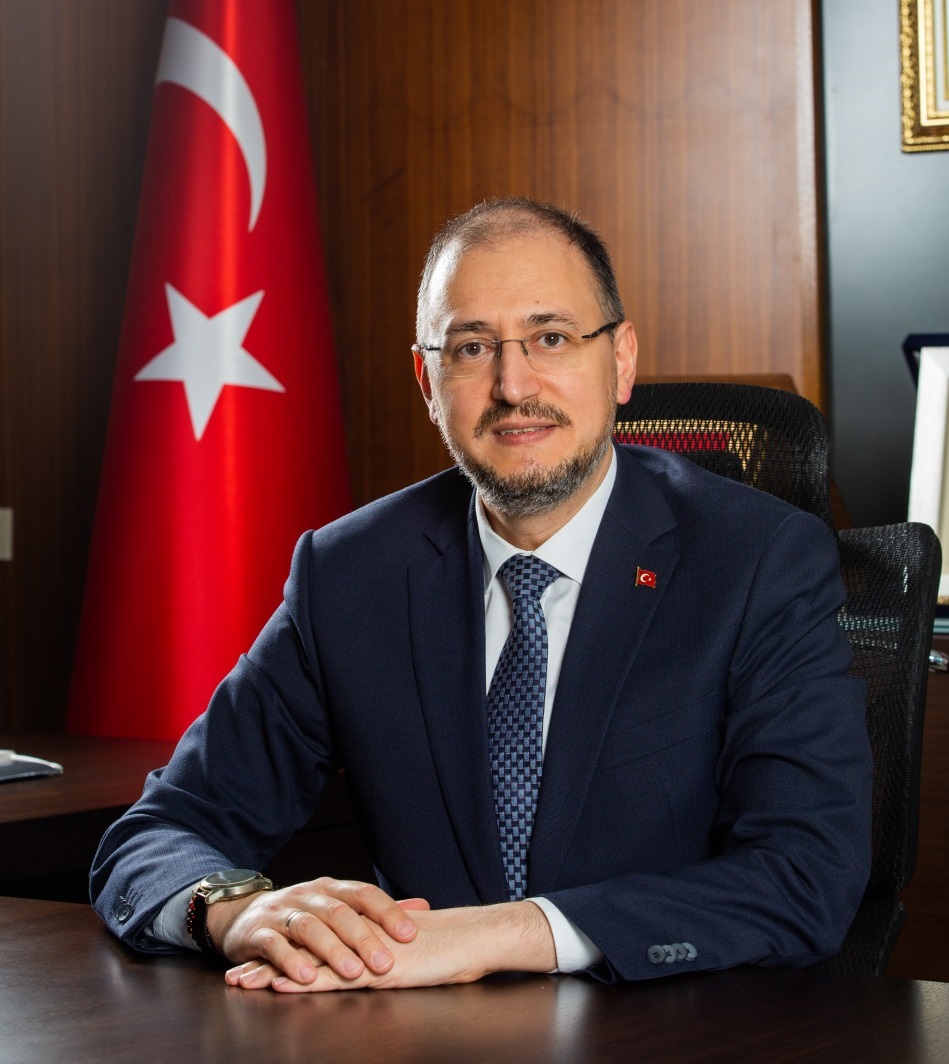.jpg?maxwidth=250)
Mr. Ömer Abdullah Karagözoğlu
Chairman of the Board & President of the Authority
Information and Communication Technologies Authority (BTK), Türkiye

Mr. George William Nyombi Thembo
Executive Director
Uganda Communications Commission, Uganda

Mr. Daniel Mordecki
Excecutive Director
AGESIC -e-gov, information society and knowledge agency, Uruguay
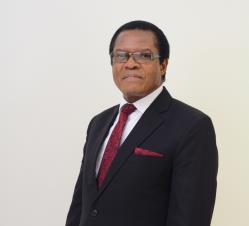
Dr. Gift Kallisto Machengete
Director General
Postal and Telecommunications Regulatory Authority of Zimbabwe, Zimbabwe
Topics
5G Technology
Artificial Intelligence
Big Data
Capacity Building
Cloud Computing
Cybersecurity
Digital Inclusion
Digital Skills
Digital Transformation
Emerging Technologies
Infrastructure
WSIS Action Lines
-
 C1. The role of governments and all stakeholders in the promotion of ICTs for development
C1. The role of governments and all stakeholders in the promotion of ICTs for development
-
 C2. Information and communication infrastructure
C2. Information and communication infrastructure
-
 C3. Access to information and knowledge
C3. Access to information and knowledge
-
 C4. Capacity building
C4. Capacity building
-
 C5. Building confidence and security in use of ICTs
C5. Building confidence and security in use of ICTs
-
 C6. Enabling environment
C6. Enabling environment
-
 C7. ICT applications: benefits in all aspects of life — E-government
C7. ICT applications: benefits in all aspects of life — E-government
-
 C7. ICT applications: benefits in all aspects of life — E-business
C7. ICT applications: benefits in all aspects of life — E-business
-
 C7. ICT applications: benefits in all aspects of life — E-learning
C7. ICT applications: benefits in all aspects of life — E-learning
-
 C7. ICT applications: benefits in all aspects of life — E-health
C7. ICT applications: benefits in all aspects of life — E-health
-
 C7. ICT applications: benefits in all aspects of life — E-employment
C7. ICT applications: benefits in all aspects of life — E-employment
-
 C7. ICT applications: benefits in all aspects of life — E-environment
C7. ICT applications: benefits in all aspects of life — E-environment
-
 C7. ICT applications: benefits in all aspects of life — E-agriculture
C7. ICT applications: benefits in all aspects of life — E-agriculture
-
 C7. ICT applications: benefits in all aspects of life — E-science
C7. ICT applications: benefits in all aspects of life — E-science
-
 C8. Cultural diversity and identity, linguistic diversity and local content
C8. Cultural diversity and identity, linguistic diversity and local content
-
 C9. Media
C9. Media
-
 C10. Ethical dimensions of the Information Society
C10. Ethical dimensions of the Information Society
-
 C11. International and regional cooperation
C11. International and regional cooperation
Sustainable Development Goals
-
 Goal 1: End poverty in all its forms everywhere
Goal 1: End poverty in all its forms everywhere
-
 Goal 2: End hunger, achieve food security and improved nutrition and promote sustainable agriculture
Goal 2: End hunger, achieve food security and improved nutrition and promote sustainable agriculture
-
 Goal 3: Ensure healthy lives and promote well-being for all
Goal 3: Ensure healthy lives and promote well-being for all
-
 Goal 4: Ensure inclusive and equitable quality education and promote lifelong learning opportunities for all
Goal 4: Ensure inclusive and equitable quality education and promote lifelong learning opportunities for all
-
 Goal 5: Achieve gender equality and empower all women and girls
Goal 5: Achieve gender equality and empower all women and girls
-
 Goal 6: Ensure access to water and sanitation for all
Goal 6: Ensure access to water and sanitation for all
-
 Goal 7: Ensure access to affordable, reliable, sustainable and modern energy for all
Goal 7: Ensure access to affordable, reliable, sustainable and modern energy for all
-
 Goal 8: Promote inclusive and sustainable economic growth, employment and decent work for all
Goal 8: Promote inclusive and sustainable economic growth, employment and decent work for all
-
 Goal 9: Build resilient infrastructure, promote sustainable industrialization and foster innovation
Goal 9: Build resilient infrastructure, promote sustainable industrialization and foster innovation
-
 Goal 10: Reduce inequality within and among countries
Goal 10: Reduce inequality within and among countries
-
 Goal 11: Make cities inclusive, safe, resilient and sustainable
Goal 11: Make cities inclusive, safe, resilient and sustainable
-
 Goal 12: Ensure sustainable consumption and production patterns
Goal 12: Ensure sustainable consumption and production patterns
-
 Goal 13: Take urgent action to combat climate change and its impacts
Goal 13: Take urgent action to combat climate change and its impacts
-
 Goal 14: Conserve and sustainably use the oceans, seas and marine resources
Goal 14: Conserve and sustainably use the oceans, seas and marine resources
-
 Goal 15: Sustainably manage forests, combat desertification, halt and reverse land degradation, halt biodiversity loss
Goal 15: Sustainably manage forests, combat desertification, halt and reverse land degradation, halt biodiversity loss
-
 Goal 16: Promote just, peaceful and inclusive societies
Goal 16: Promote just, peaceful and inclusive societies
-
 Goal 17: Revitalize the global partnership for sustainable development
Goal 17: Revitalize the global partnership for sustainable development